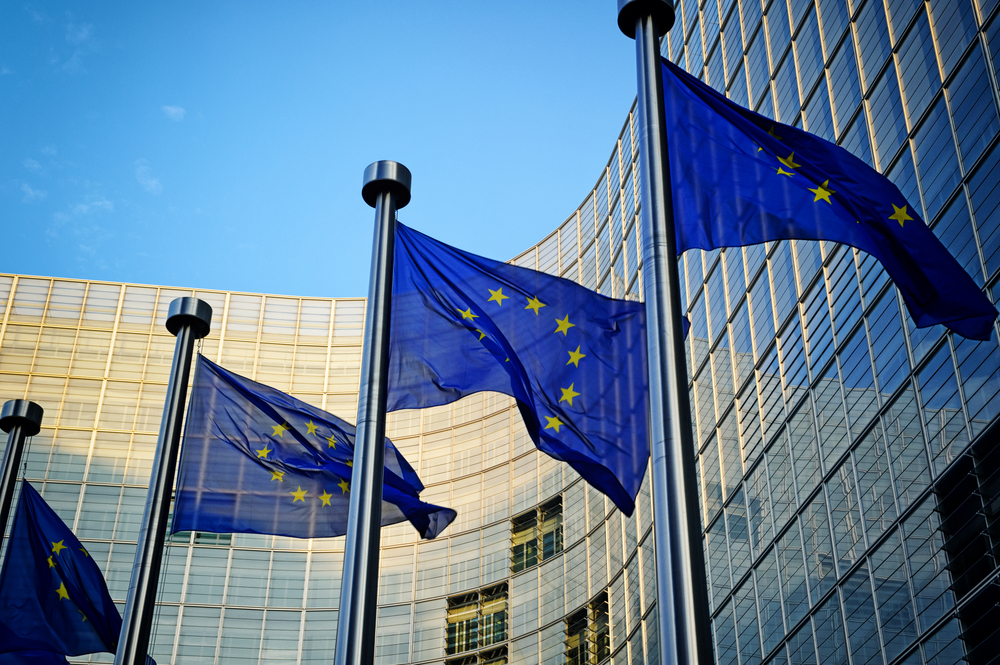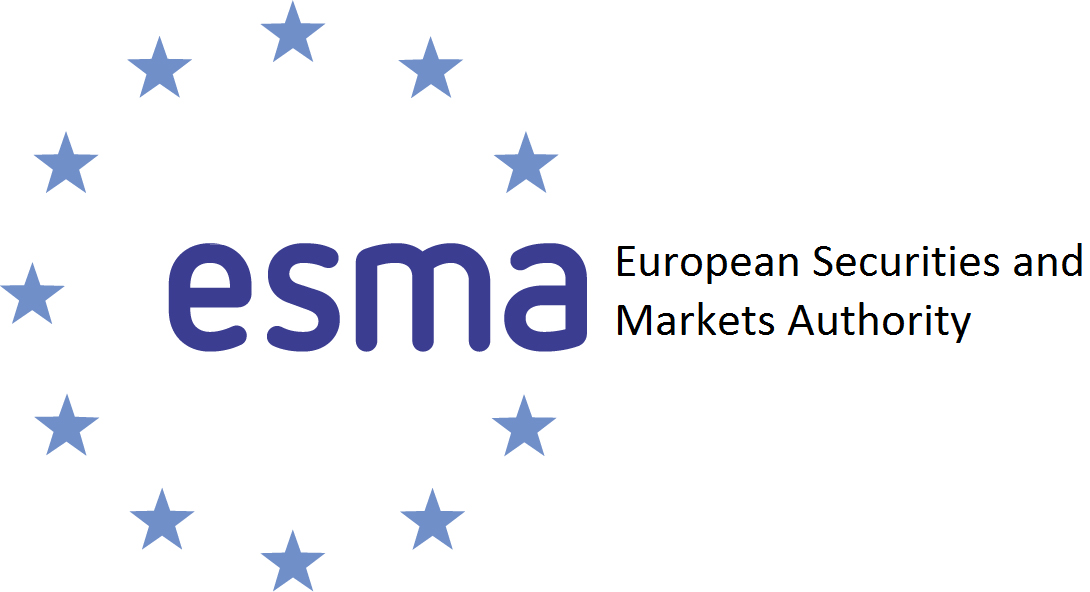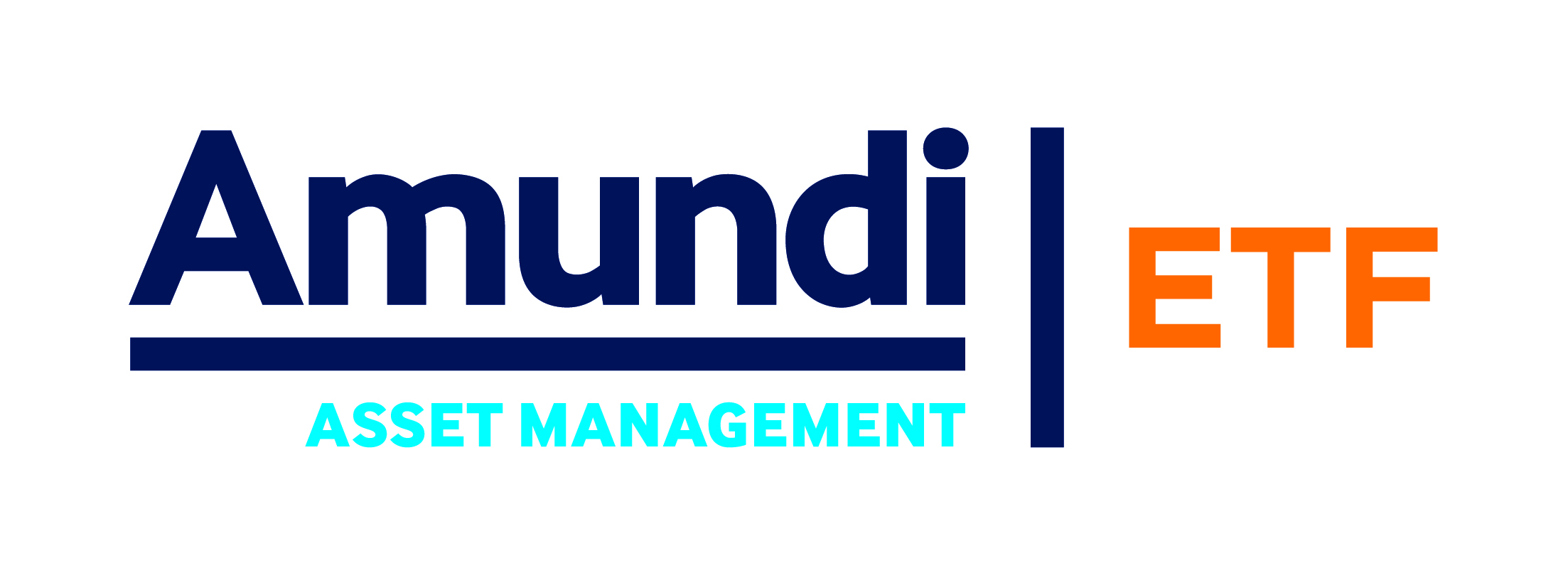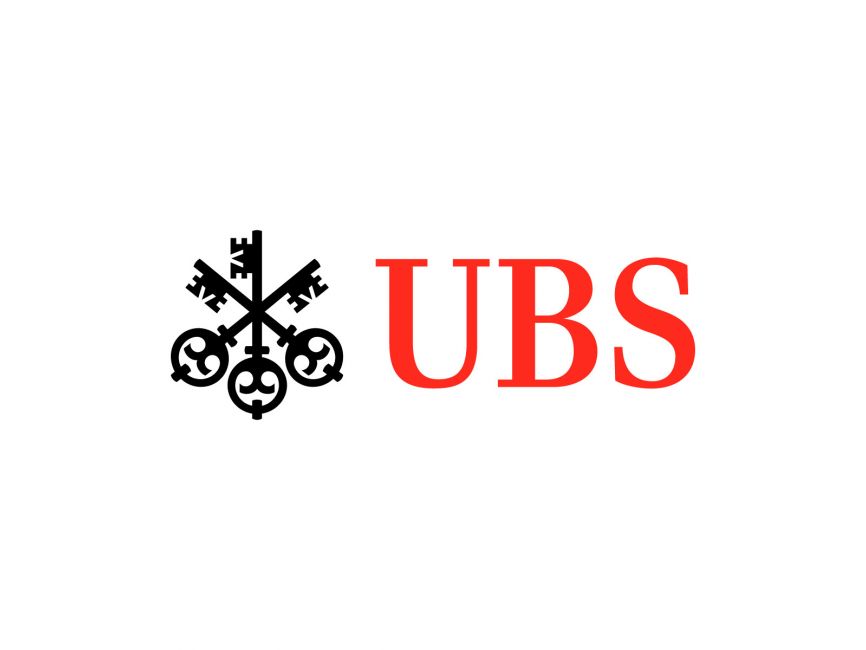Europe’s largest asset managers have raised serious concerns over the European Securities and Markets Authority’s (ESMA) proposed rules on naming ESG-related funds, with Amundi suggesting they could “amplify the potential greenwashing risk”.
Europe’s financial markets regulator published a consultation paper on the rules last November, citing a need to protect investors, stamp out greenwashing and “address any misuse” of the Sustainable Finance Disclosure Regulation (SFDR).
Under the proposals, funds labelled ESG would have a sustainable investment threshold of 80% while funds labelled sustainable would have at least 50% invested sustainably, based on the definition of sustainable investments under SFDR.
However, asset managers responding to the paper said current uncertainty around the definition could lead to “confusion and timing issues” and further greenwashing risks.
In its response, Amundi said product names are of “primary importance” but questioned how they would fit with the current sustainable finance framework.
“The proposed guidelines are based on concepts that are not clearly defined and can lead to quite different interpretations and outcomes either at national or at financial market participant’s level. This is particularly important for the central concept of ‘sustainable investment’ as per SFDR,” it said.
“This lack of clarity amplifies the potential greenwashing risk, legal uncertainties and level playing field issues, which is the opposite effect these guidelines are aiming at.”
Invesco also questioned the decision to introduce an additional level of regulation at a time when fundamental questions around SFDR remain.
“ESMA might instead undertake more thoughtful and in-depth work on how to deliver a more consumer-friendly regime that meets retail investors’ needs and expectations, including through consumer testing, rather than rushing to create a ‘sticking plaster’ for the issues created by the current framework,” the asset manager said.
Meanwhile, BlackRock, State Street Global Advisors (SSGA) and UBS Asset Management all called for ESMA to delay implementing the guidelines until a clear definition of what constitutes a ‘sustainable investment’ was established.
“Given the potential for the definition of ‘sustainable investments’ to change meaningfully in the future, we believe it is premature to set out any minimum threshold,” BlackRock said.
Issues for ETFs
Regarding whether index tracking products such as ETFs should follow the same rules as other funds, most asset managers agreed but highlighted issues around strict ETF naming conventions.
Under existing ESMA guidelines, ETFs will be named in order of the issuer’s brand, the index name, regulatory information and the currency and share class details.
BlackRock noted some issuers may find it difficult to change the name of the ETF should it fall short of ESMA’s proposed criteria.
“Critically, the second component of the fund name is the name of the benchmark index that the ETF tracks,” it said.
“Indices, and their names, are owned by third-party index providers which calculate and provide independent verification of the indices, the use of which is then licensed to the ETF provider. It is, therefore, not within the ETF provider’s power to change the name of the index that its ETF tracks.”
SSGA added changing the name of an ETF to one that is different from the reference benchmark “arguably creates less transparency for the end investor”.
“We believe there should be additional consideration with respect to the importance of index-tracking strategies in the investment ecosystem and the role played by index providers in delivering those investment outcomes through the development of SFDR and this proposal,” it said.
Can sovereign bonds be ESG?
One other issue raised was the impact the fund naming rules would have on fixed income funds with an allocation to sovereign debt due to the lack of consensus in assessing sovereign issuers from an ESG perspective.
BlackRock said these funds often have “credible ESG-related features or objectives” and it was important for them to be included.
SSGA added the threshold would create a cap on these kinds of assets, including cash, which could “detrimentally impact our ability to manage risk and expose investors to heightened concentration risk”.
The responses will raise fresh questions for regulators and intensifies calls for a clear definition of sustainable investments.
Last month, the French regulator Autorité des Marchés Financiers (AMF) called for a tightening of SFDR arguing the current requirements have “fuelled greenwashing”.
It comes as roughly $57bn of assets across more than 70 ETFs were reclassified from Article 9 to Article 8 in Q4 2022 alone, according to Bloomberg Intelligence.








